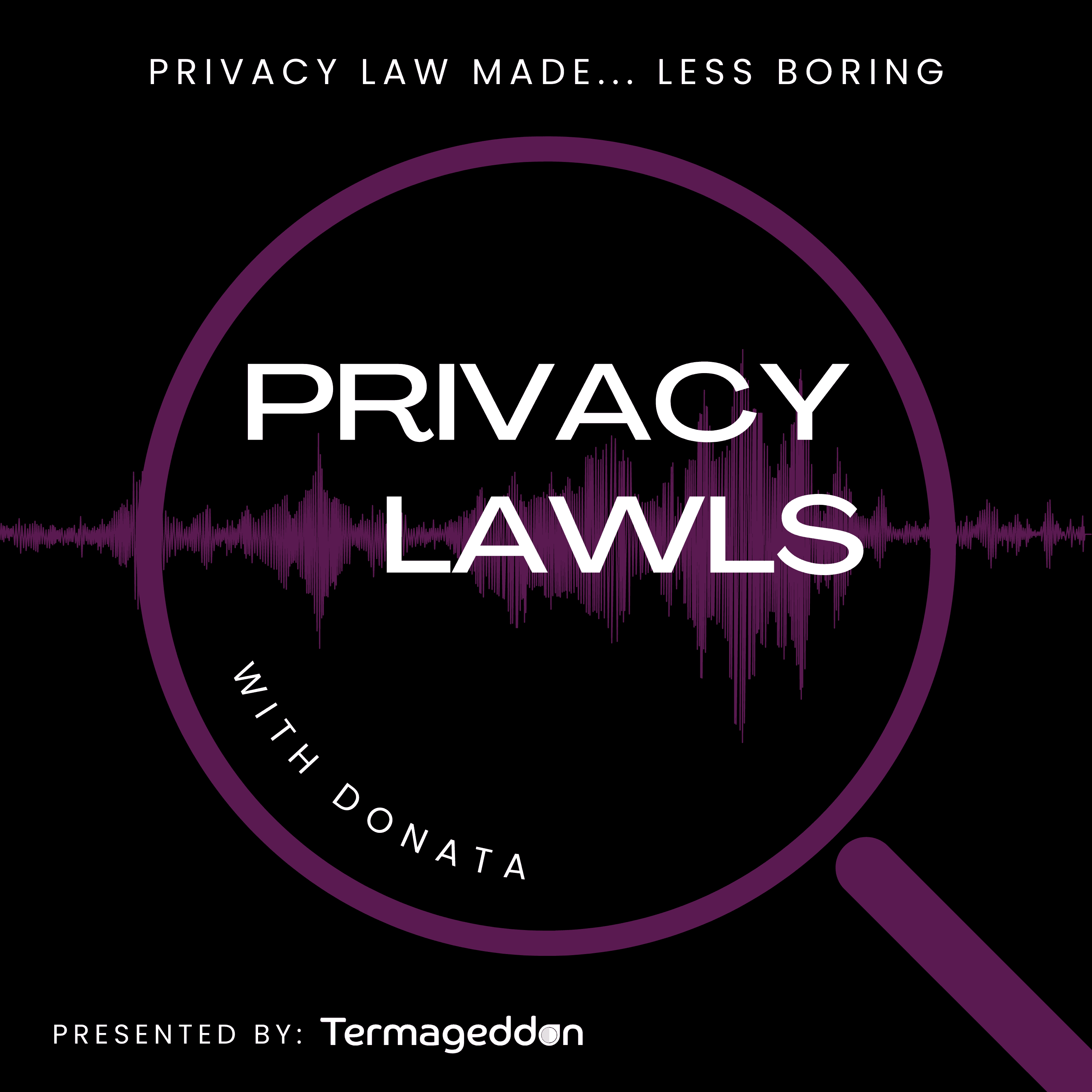Did hunter-gatherers care about privacy? What about early governments? When did people start to care about protecting their privacy?
Part 1 of our series on the history of privacy dives into all these questions and more.
Joining us for this discussion is the Managing Director of the International Association of Privacy Professionals (IAPP), Cobun Zweifel-Keegan.
